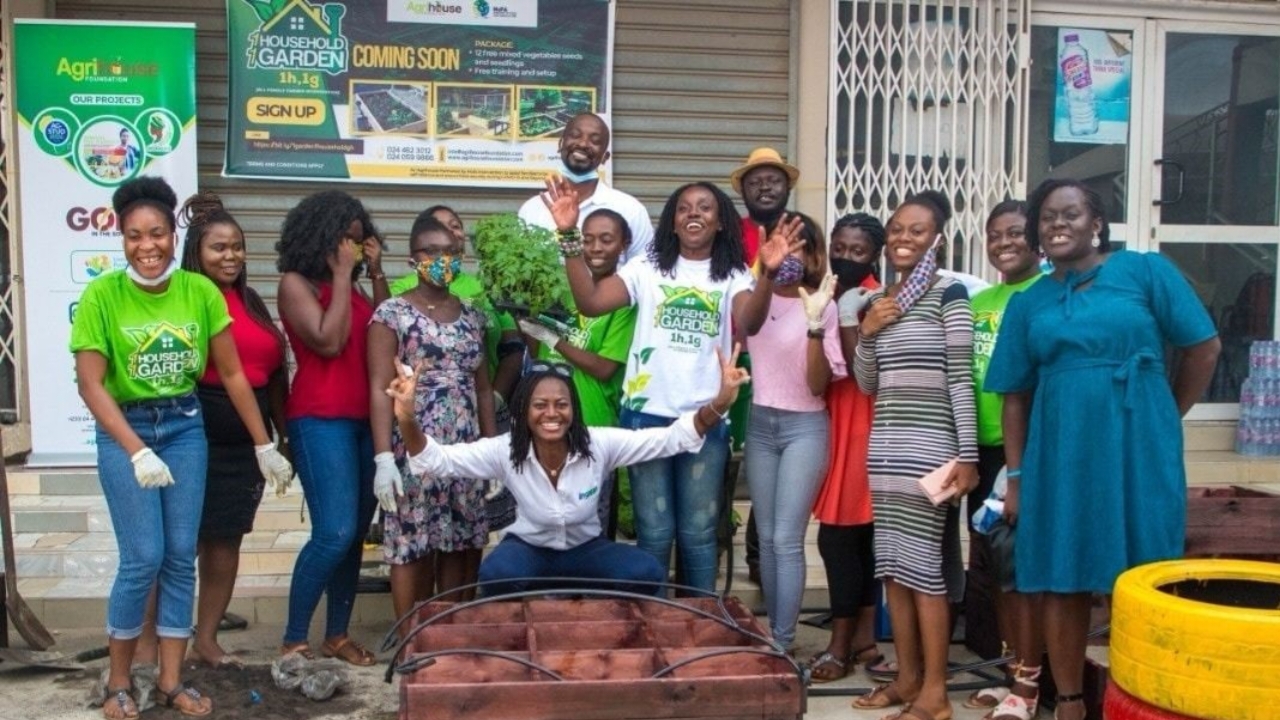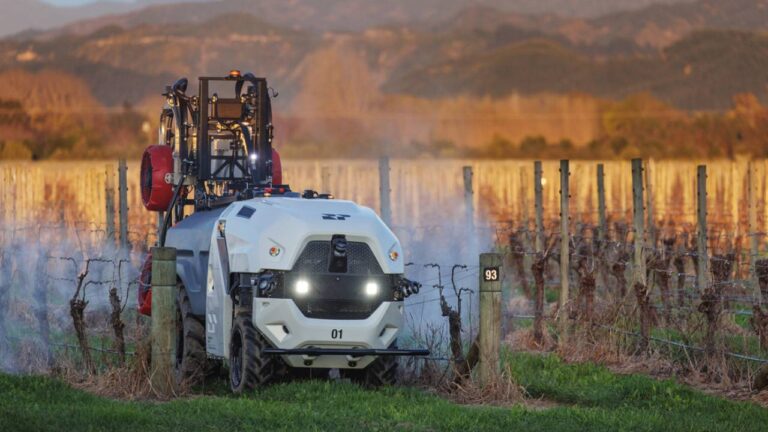Agrihouse Foundation has launched the Boost-To-Bloom project with support from AGRA and the Mastercard Foundation. The initiative aims to transform the economic prospects of youth in Northern Ghana by promoting horticulture as a key tool for job creation, entrepreneurship, and value addition.
The Boost-To-Bloom project targets the five northern regions of Ghana: Upper East, Upper West, Savannah, North East, and Northern Region. The project will focus on unlocking the commercial potential of crops like tomatoes, peppers, and onions.
Agrihouse’s goal is to equip 20,000 youth, including women and persons with disabilities, with essential skills and resources to launch agribusinesses. These businesses will span production, processing, and input distribution. The training will take place between 2025 and 2028.
“We are nurturing agri-entrepreneurs who can transform communities, add value, and compete on a global scale,” said Alberta Nana Akyaa Akosa, Executive Director of Agrihouse Foundation.
Why Focus on Horticulture?
Youth unemployment in Ghana’s northern regions remains a major challenge. While agriculture is the main economic activity, it offers limited upward mobility due to market barriers, fragmentation, and post-harvest losses. However, the vegetable value chain, especially processed products like tomato paste and dried onions, has untapped potential for growth.
The Boost-To-Bloom project tackles this gap by addressing market access, input supply, and financial literacy. The initiative aims to connect youth to both domestic and export markets.
Focusing on Marginalized Groups
The project focuses on young women and persons with disabilities, who often face barriers to accessing land, finance, and leadership roles. Through regional boot camps and agribusiness hubs, the project will support these groups to:
Launch businesses across the horticulture value chain
Operate input dealerships and service centers
Develop leadership and innovation skills
Improve financial management and cooperative governance
This focus on inclusion aligns with AGRA’s commitment to promoting equitable opportunities in Ghana’s growing agri-food sector.
Building Sustainable Agribusiness Networks
The Boost-To-Bloom project will create agribusiness clusters, called Boost-To-Bloom Project Networks. These networks will provide shared infrastructure, collective bargaining, and market linkages, connecting youth-led businesses to buyers, exporters, processors, and public-private partners.
“We aim to build systems that connect youth businesses to markets, finance, and policy-making,” said Dr. Betty Annan, Country Director of AGRA Ghana.
The project also plans to enhance cross-regional peer learning, improve access to transport and storage facilities, and share processing equipment to reduce costs and improve competitiveness.
Preparing for Value Addition and Export Markets
The Boost-To-Bloom project will focus on value addition, a key component of Ghana’s goal to reduce dependence on raw commodity exports. Training will cover food safety, product packaging, and branding, enabling youth to produce market-ready products for local and international buyers.
AGRA’s involvement ensures the project contributes to national and regional policy dialogues, providing insights to inform inclusive agribusiness strategies across Africa.
A Model for Inclusive Agricultural Growth
Boost-To-Bloom is a new model for agricultural development, combining skills training, enterprise creation, and youth empowerment. The project is set to create sustainable, meaningful job opportunities for youth in Northern Ghana.
With the backing of AGRA and the Mastercard Foundation, Boost-To-Bloom aims to promote youth-led, inclusive, and commercially viable agriculture, contributing to the economic growth of the region.



